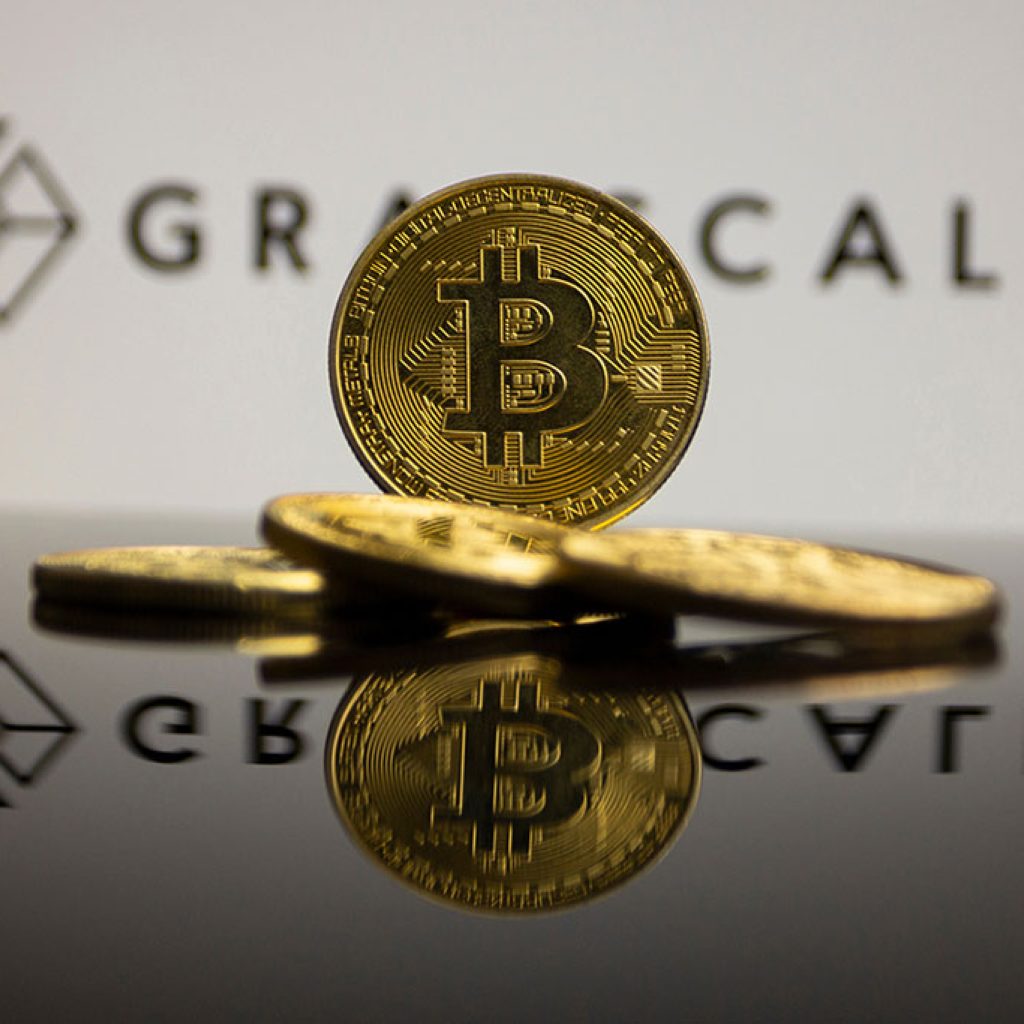In an unpredictable twist of events, BlackRock, the world’s dominant asset manager, experienced a perplexing setback this week. The enthusiasm that surrounded their prospective iShares Bitcoin Trust ETF took an unexpected downturn, shedding light on the volatile nature of the cryptocurrency landscape and hinting at the immense power centralized entities still wield.
The Rise and Fall within a Span of Days
Only a day ago, the crypto community was abuzz with the tantalizing possibility of a breakthrough. BlackRock’s iShares Bitcoin Trust had been heralded with the IBTC ticker symbol on the Depository Trust and Clearing Corporation’s (DTCC) reference database.
The listing seemed to be the prelude the market had been anxiously awaiting. The optimistic wind blowing through the crypto sails pushed Bitcoin’s price over a commendable $35,000 benchmark.
But the digital currency’s triumph was short-lived. In a move that left many investors and market enthusiasts scratching their heads, the IBTC was swiftly removed from the DTCC’s roster.
The abrupt delisting, devoid of any formal explanation, was a jarring reminder of the cryptic nature of institutional moves. Following this perplexing course of events, Bitcoin’s price swiftly retracted, settling below $34,000.
You Might Be Interested In: BLACKROCK’S BITCOIN ETF LANDS ON NASDAQ! WHAT TO KNOW – Cryptopolitan
Cryptocurrency’s Fragile Dependence on Institutional Moves
The roller-coaster events of the week underline a stark reality: the cryptocurrency market, while decentralized in its ethos, remains susceptible to the whims and caprices of centralized entities.
The rapid descent of Bitcoin’s value to $33,898 post the IBTC debacle showcases just how reactive the crypto market can be to regulatory and institutional shifts.
Interestingly, adding another layer to the intrigue, the DTCC’s official website mysteriously went offline after the removal of the IBTC listing.
This unforeseen technological glitch (or perhaps strategic move?) has left many pondering the underlying motives. Was it a simple technical hiccup, or did it signify deeper concerns about the DTCC’s association with BlackRock’s ETF?
The persistent debate around the SEC-approved spot bitcoin ETF remains a major talking point in the crypto space. BlackRock’s recent hiccup has left many wondering whether a true breakthrough in this direction is even plausible in the near future.
It’s worth noting that multiple asset managers have been jockeying for their respective spot bitcoin ETFs. Yet, not a single one has managed to successfully cross the finishing line with an approval.
The episode does more than just highlight BlackRock’s setback. It serves as a stern reminder of the complexities associated with integrating traditional financial systems with the modern, yet precarious, world of cryptocurrencies.
The entire saga underscores the fact that the path to cryptocurrency’s wider acceptance and integration is far from smooth, and perhaps more pertinently, it’s vulnerable to abrupt and often inexplicable shifts.
The BlackRock and DTCC episode should serve as a wakeup call. While many have lauded the merits of a decentralized currency, the events of this week prove that the dream of a truly independent crypto space, free from the grasp of traditional financial behemoths, is still somewhat of a distant dream.
The crypto market, in its current state, is not for the faint-hearted. And as this week’s drama around BlackRock’s ETF has shown, there’s always more to the story than meets the eye.





